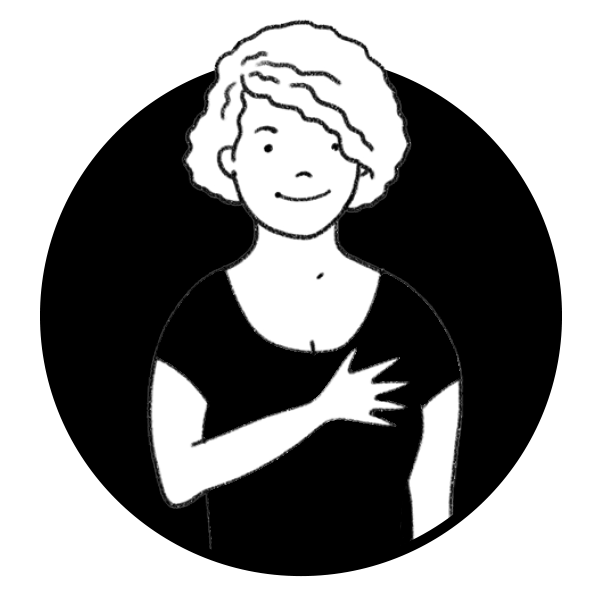People who don’t say much in research annoy researchers. They take our money, but they don’t participate…
But maybe that’s not what’s really going on with them, at least from their perspective.
We’re running a long-term on-line community this year, and doing some extra telephone interviews with 12 of our 60 participants. We decided to choose quieter respondents to give us a chance to connect with them, and to see how they feel about the community (as well as exploring our topic).
Two overwhelming issues for them
- They constantly feel a bit guilty about not doing quite enough (which surely must lower their motivation to go on the board and contribute?)
- They read others’ posts and feel like the other participants have said it all, or said it better…
To get round this we’re going to take the following action:
- some short and sweet activities
- some activities where you only read others’ posts afterwards
- more encouraging messaging about ‘everything said is good from our perspective, and we want to hear if you think the same, we need to get a sense of what the whole community thinks’
For anyone out there developing community software it strikes me that some bespoke ‘response’ icons could be really useful, so participants could hit buttons that say:
- I’m the same as that/ I agree
- I’ve read this
- That’s a new thought on me
I also think we need to think hard about ‘the quiet ones’ in research in general. I’ve come across literature on ‘thinking’ that says around 20% of the population don’t really have an internal conversation with themselves, and when I’ve got people to do think out loud exercises you can see that a lot of thinking is simply a commentary on ‘what am I noticing’ and little else…So some people have less rich ‘thoughts’ to offer.
I’ve noticed too that participation in a group is quite often about ‘being with’ the group. Watch a bunch of people out on a Friday night. Some people just don’t say anything in those groups too. Perhaps group dynamics DICATE that some people need to be the quiet ones.
As researchers, we have an in-built bias towards ‘broadcasters’ because they feed us their responses.
We need to spend more time figuring out the quiet ones, as there are a lot of these people out there


